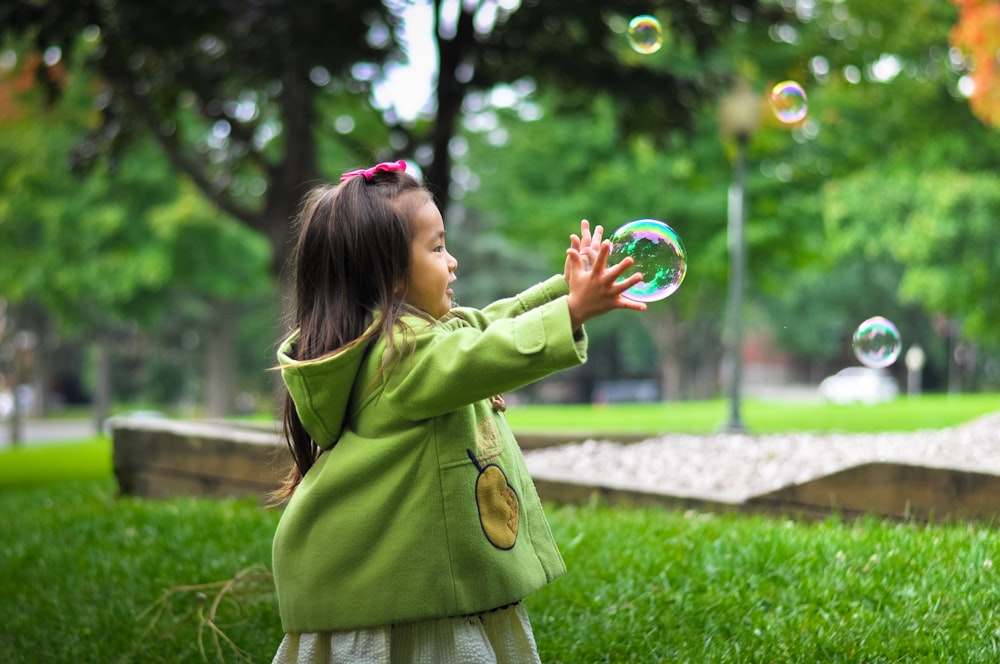
People label creativity as an innate talent, approaching it with a self-discouraging attitude that silently speaks 'I just don't have it." or "I don't know." This mindset is so contagious that children catch onto it quick. The last thing a child needs is to be told that he or she can't do something. The truth is creativity is not a talent, but a skill. It can be learned, developed, fostered, and mastered.
If you're questioning the importance of creativity, here's why it's so significant that creativity is an essential component in expression, happiness, and success. Being creative allows the individual to be more flexible when encountering problems, which will naturally pave different avenues for the person to approach the issue. Now that we've understood the nits and grits of creativity, here's how you can foster this precious skill in children.
Children require resources to express themselves creatively. They require tools, toys, and objects to fumble around with. They also need an adequate amount of space and time. What this translates to is that your patience with them is absolutely necessary; because you're going to be cleaning up after their creative mess! The best playthings for your children to foster creativity includes art materials, building materials, blocks, or even Lego (just be sure your child doesn't swallow any!).
As a parent or an adult, you automatically become a role model in a child's eyes. Be as encouraging and participative as you can be when you're experiencing a child's imaginative behaviour. The worst thing you can do is to enforce too many rules during play. The result will be your child feeling restricted and controlled, which discourages them from doing anything extraordinary. Instead, allow your child to make mistakes and guide them to seeing the value in making mistakes. Parents focus too much on correcting their children's behaviour that they fail to realise that they're cultivating a negative perspective in the child simultaneously.
Another common parental blunder when fostering creativity in children is doing routine activities. This means that your child plays with the same toys and does the same things repeatedly. You should challenge the boundaries of your child by immersing him in different environments. This allows him or her to absorb different perspectives, different ideas, and different learning experiences. So if you find yourself taking your child to the beach for the third time this month, discuss a potential activity that your child would like to do. Including children in planning processes engages them in discussion, which provides them with more space to be creative.
Fostering creativity in a child is definitely possible, regardless of the child's intelligence. There are no bad children; but only bad parents. So don't make the same parental mistakes that everyone else makes, and start developing your child's creativity!
https://ezinearticles.com/?Are-You-Restricting-Your-Childs-Creativity?&id=8666177

No comments:
Post a Comment